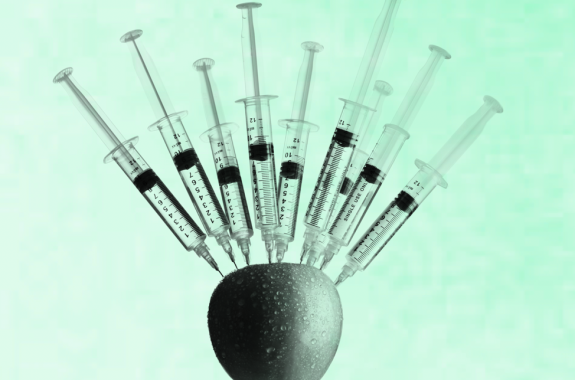Grade Level
All
minutes
Various
subject
English Language Arts
Activity Type:
digital resources, inventions, student discussion, ethics
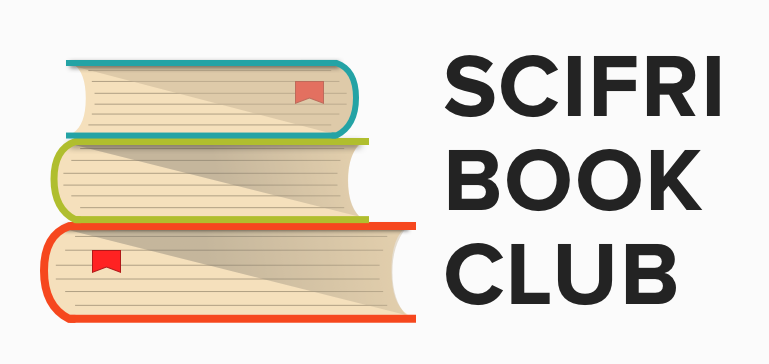 Humans really enjoy inventing things. Each day, medical researchers hunt for new treatments for disease, bioengineers work to create malaria-resistant mosquitoes and rot-resistant crops, computer scientists create elaborate algorithms to power self-driving cars and intelligent robots, and technologists create new gadgets and software to solve problems.
Humans really enjoy inventing things. Each day, medical researchers hunt for new treatments for disease, bioengineers work to create malaria-resistant mosquitoes and rot-resistant crops, computer scientists create elaborate algorithms to power self-driving cars and intelligent robots, and technologists create new gadgets and software to solve problems.
However, amid all of this creation, a cloud of ethical dilemmas emerges.
Is it possible to predict the long-term consequences of every new invention? How can inventors avoid unintended tragedies caused by their creations? Who is ultimately responsible for the outcomes of a newly created organism, computer algorithm, or technology? Are the risks of negative outcomes from our inventions worth the potential gains?
What better time than the present to reexamine the classic novel Frankenstein by Mary Shelley?
A lot has changed since the original printing of Mary Shelley’s novel two centuries ago in 1818, but as today’s scholars revisit what is perhaps the first-ever science fiction novel, the issues stirred up by the story of Dr. Victor Frankenstein and the artificial life he created are as relevant as ever.
In honor of the 200th anniversary of Mary Shelley’s Frankenstein, and to kick off Science Friday’s Frankenstein Book Club, we’ve put together some ideas and resources for tackling modern science and engineering ethics through the lens of the novel.
Use Digital Storytelling To Explore The Ethics Of Experimentation
(Grades 4-8)
These digital experiences mix text, audio, and video to create immersive storylines filled with stereotype-busting characters and deep-thinking prompts. Students are challenged to read, take initiative in their own learning, and think critically about experimental design, ethics, and teamwork on the path to innovation. Good news for educators: These resources are free and open, and come with materials to support blended learning and hands-on activities!
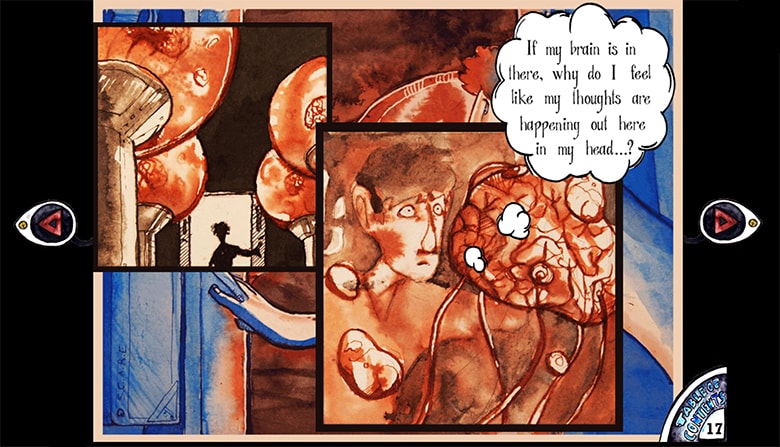
Most people wouldn’t list reading mystery novels, hunting for lost brains, and solving crimes as common pathways to engineering, but the multimedia engineering experience Through My Window uses all of these devices to make engineering highly compelling. The Through My Window experience unfolds with a full-length young adult mystery novel “Talk To Me” (also available in Spanish) about a 14-year-old girl who has to use ideas about artificial intelligence, ethics, and engineering design to solve a crime. Additional games, stories, and challenges within the digital experience tackle open-ended questions about engineering while prompting students to write about and discuss their ideas about these topics in depth. Every inch of the site features beautiful illustrations of a diverse cast of characters.
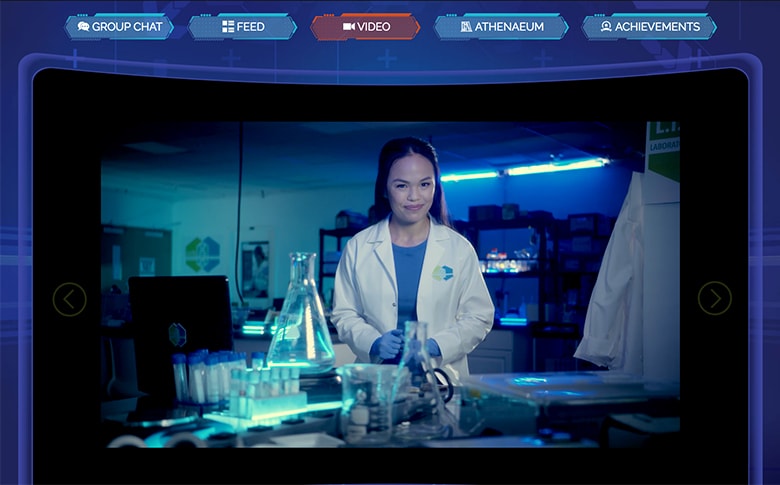
When participants enter Frankenstein200, they get welcomed to L.I.F.E., the Laboratory for Innovation and Fantastical Exploration, run by Dr. Victoria Frankenstein, a fictional descendant of the original Dr. Frankenstein in Mary Shelley’s novel. Students complete a “personality test” and register with the site to begin a 30-day internship program and learning experience facilitated by a young lab assistant named Maya and her labmate Xavier. The experience prompts participants to consider the questions that emerge in Shelley’s timeless tale and continue to inform contemporary discussions about science, technology, and society: What is life? What does it mean to be human? Why do we create?
Investigate A Case Study To Consider Modern Bioethics
(Grades 10-12, Undergraduate)
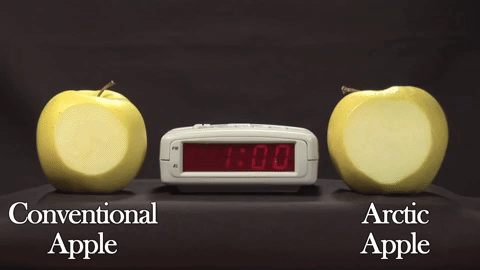
Case studies are in-depth stories that present realistic, complex situations in great detail as experienced by a key character or group of characters. They’re used to train students in medicine, law, and the sciences to think critically about real-world scenarios, and are deeply engaging. The National Center for Case Study Teaching in Science maintains a large, peer-reviewed collection of case studies on a variety of topics.
Below is a sample of cases that grapple with the moral and ethical implications of biotechnology while addressing core biology concepts.
Frankenfoods
A university research laboratory is vandalized by environmental activists opposed to genetic engineering in this case focusing on the science and ethics of genetically modified crops.
Glowing Plants on Kickstarter: The Ethics of Synthetic Biology
This case study is centered around a real scenario from 2013 when Kickstarter included a fundraising proposal from a group wanting to use synthetic biology to make glowing plants.
Do You Really Know What You’re Eating? A Case Study on Genetically Modified Foods
Starting from a fictional “news” report about an apparent allergic reaction to genetically modified corn in a taco, students consider some of the techniques and procedures used in today’s molecular genetics and microbiology labs as well as some of the issues associated with genetically modified organisms (GMOs).
This case study analyzes the reasoning processes and types of information that we need to embed in collaborative software systems in order for these systems to demonstrate intelligent behavior and allow us to interact with them in a natural way.
Listen To Real Life Inventors Contemplate Their Creations
(All grades)
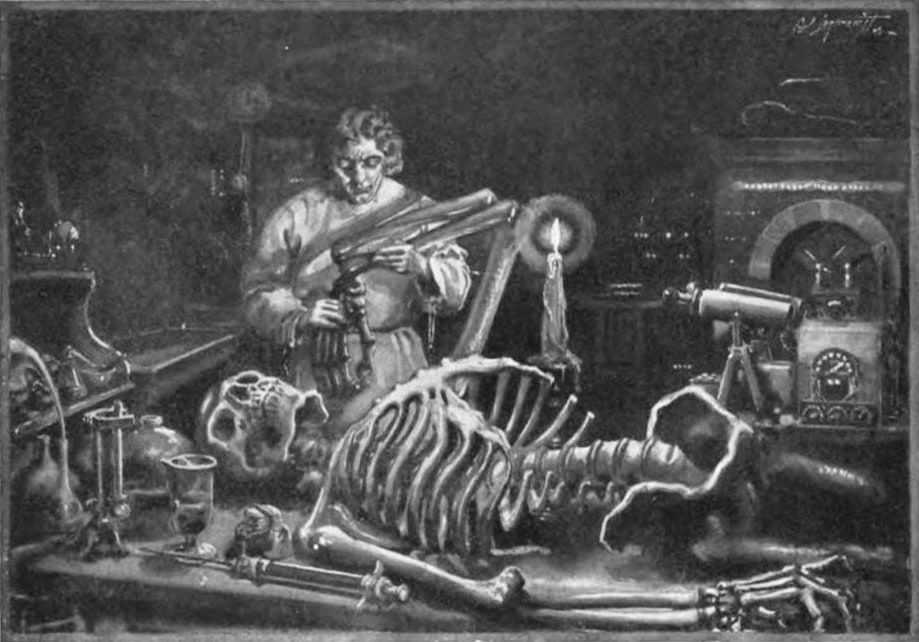
If you think that modern innovators are as blinded by ambition as Dr. Frankenstein was by his work, think again. As our ability to modify everything from cells to Earth’s atmosphere grows, even the world’s leading researchers and inventors are deep in thought over the moral and ethical implications of what they’ve created. Here’s what some of them have to say.
Social Media
‘Our minds can be hijacked’: the tech insiders who fear a smartphone dystopia, The Guardian (Article)
Justin Rosenstein was the engineer who created the “Like” button feature on Facebook in 2007, but he now fears the psychological effects apps are having on people around the world.
Genetically Modified Organisms
Grabbing the Horns From the Bull, Science Friday (Video)
Researcher Alison Van Eenennaam and colleagues at UC Davis aim to develop hornless cattle that might one day replace cows whose horns must be physically removed through expensive and painful methods.
Gene Drive
Mouse’s Vineyard, Undiscovered (Podcast)
Martha’s Vineyard has a Lyme disease problem. MIT geneticist Kevin Esvelt describes a possible fix: genetically engineered mice. Listen to this interview, then read Esvelt’s article in Slate: What Victor Frankenstein Got Wrong.
Artificial Intelligence
What Would An A.I.-Influenced Society Look Like In 10,000 Years? Science Friday (Podcast)
Physicist Max Tegmark contemplates how artificial and superintelligence might reshape work, justice, and society in the near term as well as 10,000 years into the future.
Geoengineering
What Is Geoengineering and Why Is It Considered a Climate Change Solution? Scientific American (Article)
Climate modeler and geoengineering expert Ken Caldeira talks about what it means to change the Earth’s climate with technology.
Participate In A Frankenstein Fiesta
(All ages)
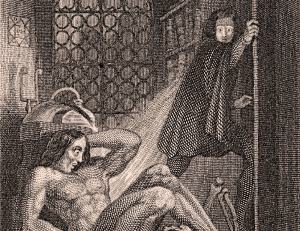
Celebrate an impactful and influential novel written 200 hundred years ago by a 19-year-old girl.
The SciFri Book Club: Frankenstein
Join Ira and the SciFri team as we read Mary Shelley’s spooky science fiction tale throughout the month of January, and ask what it means to be human.
Frankenreads.org
Frankenreads.org is an international celebration of the 200th anniversary of Mary Shelley’s Frankenstein for Halloween 2018 organized by the Keats-Shelley Association of America. Find local events celebrating the 200th anniversary, teaching resources, as well as collections of pop culture interpretations and contemporary critiques.
Meet the Writer
About Ariel Zych
@arieloquentAriel Zych is Science Friday’s director of audience. She is a former teacher and scientist who spends her free time making food, watching arthropods, and being outside.
